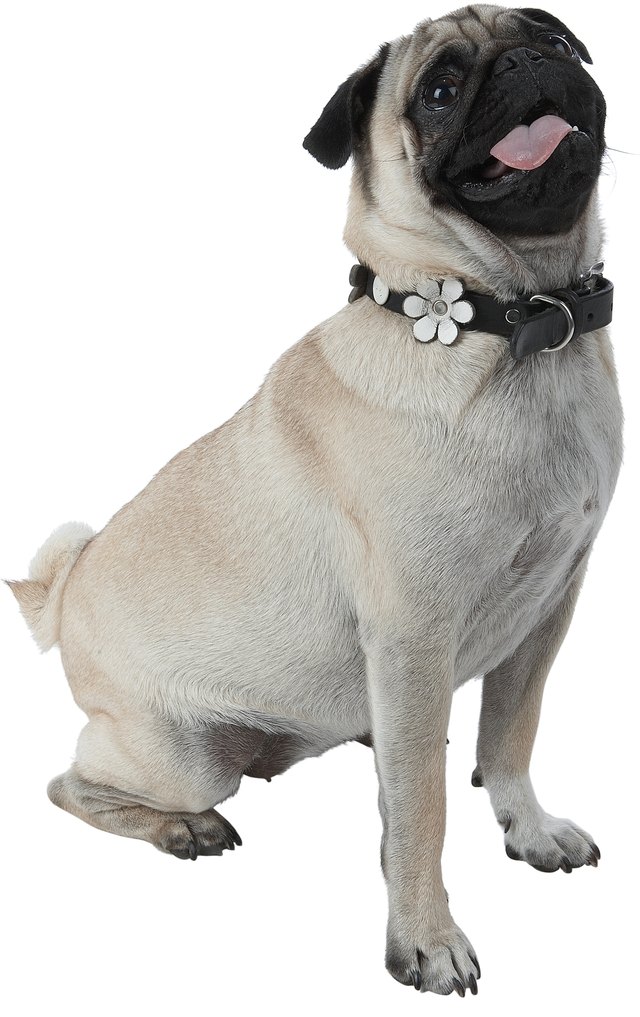Table of Content
Veterinarians do not typically recommend cough suppressants for dogs recovering from pneumonia. Coughing is the body’s natural way to remove the infection and fluid within the airways. Therapy depends on the type of pneumonia and underlying pathology, or other illnesses. The severity of the disease will also dictate the intensity of treatment. Mild cases of pneumonia can be managed on an outpatient basis with medications, rest and home care. Moderate to severe cases require hospitalization - often at emergency facilities - with 24/7 nursing care and special equipment.
There may also be a yellowish or greenish, sometimes bloody, mucus from the nose after your dog has coughed. Viruses, such as distemper, parainfluenza, canine influenza, canine flu, as well as adenovirus types 1 and 2, can all cause inflammation of the air sacs in a dog’s lungs. Dogs can also develop pneumonia from aspirating food or water into their lungs or they may aspirate stomach or esophageal contents . In this case, the aspirated material causes a bacterial infection. With administration of the antibiotics, over the next few weeks, you should see symptoms decrease and your dog’s energy increase.
Home Treatment for Pneumonia in Dogs
Inhaled irritants, such as environmental toxins, cigarette smoke, and cleaning supplies can cause a lot of inflammation in the lower respiratory tract of your dog. Dogs with weakened immune systems are at a higher risk for these infections. Other bacterial causes of pneumonia, however, are not necessarily contagious.
When air sacs inside the lungs become inflamed, the lungs will swell and fill with pus and fluid that prevents enough air from entering the lungs. Some strains of pneumonia are highly contagious, such as the colloquially known "kennel cough" which infects the trachea and bronchi. Book an appointment with your veterinarian, who can perform a full physical examination to confirm whether your dog has pneumonia or another condition. The vet will check for symptoms noted above, including shallow breathing, coughing and fever. We will also use a stethoscope to listen to the lungs, and potentially take X-Rays to look for fluid or inflammation in the lungs.
Preventing Pneumonia in Dogs
Black crusty or ulcerated lump on dog’s ear About 6 weeks ag... Practicing physical distancing from others is essential for reducing your risk of acquiring SARS-CoV-2, as well as passing the virus on to other people if you have it. You should take the entire course of medication even after you begin seeing improvement. Drinking enough water and electrolytes while you have a fever can help you prevent dehydration. Eating homemade popsicles or sipping on chilled beverages also provides hydration as well as cooling you down.
In most cases of infectious pneumonia, a virus damages the respiratory tract, predisposing the dog to a secondary bacterial infection. Examples of viruses that cause pneumonia in dogs include the canine distemper, canine parainfluenza, and canine influenza viruses. The bacteria Bordetella bronchiseptica can cause infectious pneumonia in the absence of a virus. Other bacterial species involved in pneumonia typically work alongside a virus. Infectious pneumonia is contagious and affected dogs should be kept away from other dogs.
Cabbage Wraps for Inflammation
A breathless dog can be scary enough to experience, and to stop their suffering, natural and home remedies may help primarily. These home treatments or home remedies help the dog breathe and pass mucus collected in their lungs, thereby keeping the respiratory tracks clear and breathing easy. These diseases can make a dog more likely to develop a bacterial infection in the lungs which causes pneumonia.
Canine Distemper Virus, Adenoviruses, Canine Influenza Virus, and Parainfluenza Virus are viral causes of pneumonia in dogs. X-rays are typically taken every two to five days during the acute phase, and then every one to two weeks until complete resolution. X-rays should be monitored for recurrence every few months after full resolution. A veterinarian will want to recheck an exam as well as bloodwork within the first two weeks after an episode of pneumonia.
There are also no restrictions as both dogs and cats, regardless of age, medical history, or breed, are covered. The service also features fast coverage payment, giving direct payment to the vet clinic during the time of the emergency . Because a puppy’s immune system isn’t fully developed yet, it is crucial to bring your pup to the vet as soon as you notice signs of pneumonia. The same also applies to elderly dogs and dogs who are immunocompromised. The earlier it is detected, the better chances of them recovering from the disease.
And if you have fresh peppermint, you can easily make your own tea. Peppermint can also help alleviate irritation and expel mucus. Research suggests that it can be an effective decongestant, anti-inflammatory, and painkiller. Gargling with salt water can help remove some of the mucus in your throat and relieve irritation.
But you may want to reduce how much you cough so that it doesn’t interfere with your rest or cause further pain and irritation. One home remedy for pneumonia in dogs is to use a humidifier. This will help to loosen the mucus in your dog’s lungs and make it easier for them to breathe. Perhaps you seedog pneumonia symptoms.So it is essential to seek veterinary care immediately. Perhaps your dog shows pneumonia, such as coughing, difficulty breathing, or lethargy. Prevention is the best way to avoid aspiration pneumonia in dogs.

Dogs with conditions called megaesophagus and laryngeal paralysis are especially at risk for this, as their normal swallowing apparatus does not function properly. Dogs who are vomiting are at risk for this, as well as dogs who have an abnormality in their throat or esophagus. Some dogs have areas of pigment on their gums, lips, and tongue. When checking their color, you should be looking at non-pigmented areas.
I personally know people who gained a lot of weight taking bad probiotics. Without them, a simple cold can quickly turn into a deadly pneumonia, an infection in a small cut can become life threatening. First, keep your dog as isolated as possible since the infection can spread to other pets or even humans. After your initial diagnosis, it’s important to pace yourself and allow your body time to heal.


No comments:
Post a Comment